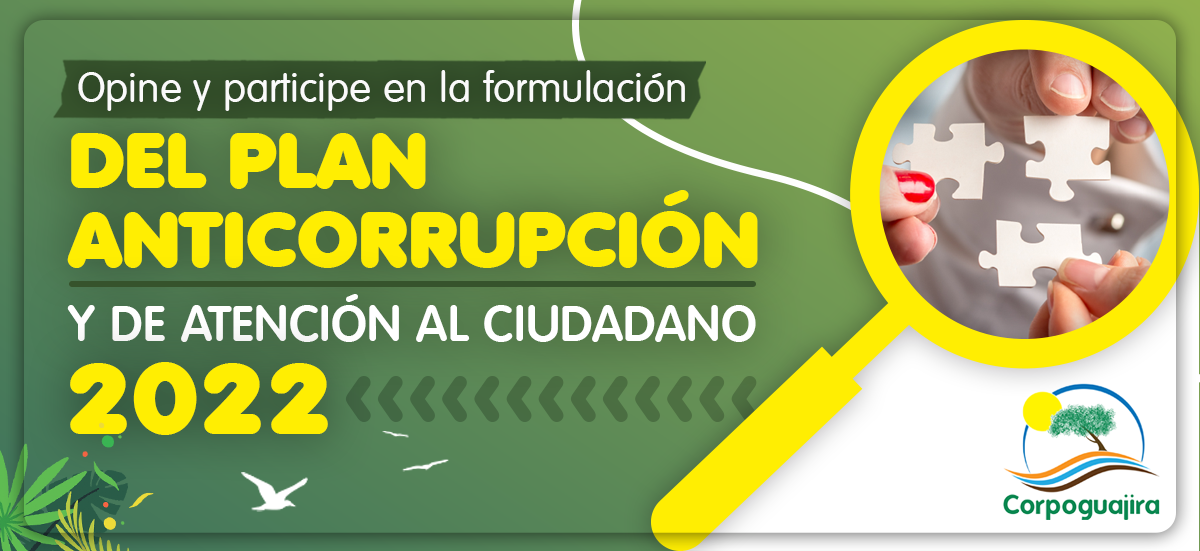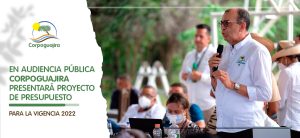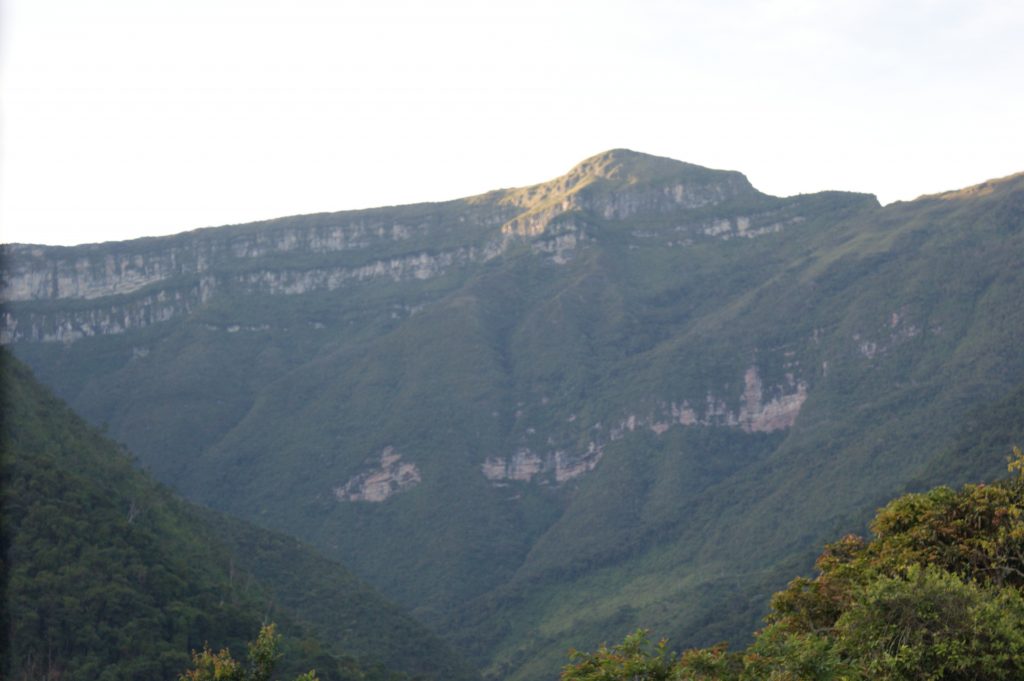ASOCARS affirms that the Draft Law of Páramos includes good intentions for their protection with the management and work of the Regional Autonomous Corporations, but this same takes away the economic resources to fulfill its mission. ASOCARS calls on the President of the Republic to object.
Great concern regarding the bill that seeks the conservation of páramos, stated the Association of Regional Autonomous Corporations and Sustainable Development ASOCARS, in view of the fact that this bill weakens them.
"We clarify that we agree with the purpose of the bill aimed at the conservation of the moors, Nevertheless, puts at risk not only the implementation of the measures adopted based on the moors, but also the exercise of authority and advanced environmental management throughout the country, analysis that allows us to present sufficient reasons of unconstitutionality and inconvenience, to request respectfully but with absolute conviction to the President of the Republic Juan Manuel Santos, to object to this bill and return it to the Congress of the Republic for amendment ", stated Ramón Leal Leal, executive director of ASOCARS.
According to ASOCARS, this bill has a centralist vocation, since it takes as financial resources for its implementation two rents of the CAR: TSE electricity sector transfers and fees for water use, YOUR, resources generated and managed from the regions, that would be administered and distributed by the National Government, contrary to the Political Constitution, as well as the law 99 of 1993, regarding the management and allocation of resources for environmental management, at the head of the CAR, generating a cloak of unconstitutionality over this text.
Within the inconvenience reasons, it is argued the transfers of the electricity sector, because it causes harmful competition between entities that make up the National Environmental System, as are the CAR and National Natural Parks with respect to resources that legally and historically correspond to the CAR.
“A series of programs and projects around water resources and environmental management are left without funding, focusing on the scarce and limited existing resources for environmental management, being contrary to the institutional strengthening demanded by these environmental authorities to comply not only with the adequate administration of the páramos, but with a series of environmental challenges present in each of the regions ", stated Leal.
In this sense, It is uncertain how the CARs will execute the accumulation of functions provided for in the bill, even more, their permanence as technically sound entities present in the territory, which will further weaken environmental management in the country.
The above are some of the arguments of unconstitutionality of inconvenience that ASOCARS has identified of this bill, therefore it reiterates its request to the President of the Republic to object to this bill in such a way that it adjusts to the needs and requirements of the environmental institutionality that allows the project's purpose to be fulfilled.

































Leave a reply
I am sorry, you should be connected to post a comment.